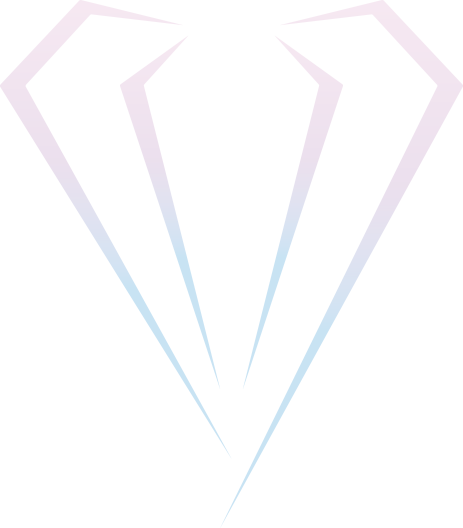Call 0207 553 5000(International +44 (0) 207 553 5000)
Pay by card 0207 553 5000
(International +44 (0) 207 553 5000)
(Ireland 1800 849 035)
Pay via phone 0907 004 0075
Calls cost £1.50/min plus your network access charge.
Readings are for entertainment only. 18+.
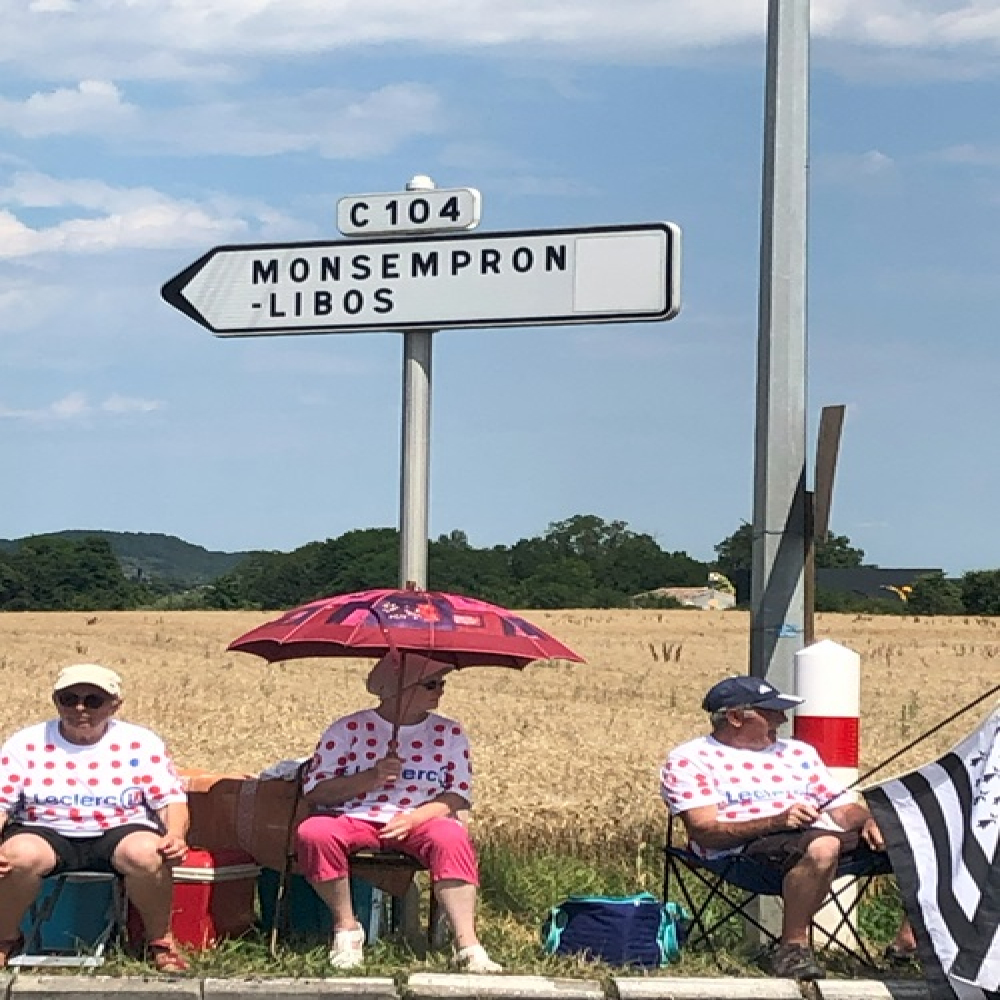
Tour de France: tells us so much about ourselves
The first Tour de France was held in 1903 with the aim of selling more newspapers. It was set up and sponsored by French sports paper L'Auto, which hoped a tough new endurance race around the country would capture the public's attention and boost its declining sales figures.
What do we learn about humans from the Tour de France?
The Tour de France started as a commercial venture but has captured the hearts and minds of people globally.
There was and still is so much support and good wishes from the French people in support of this spectacular sporting event. Their enthusiasm is catching and has spread world-wide.
Humans love a challenging sport of both strength, endurance and strategy.
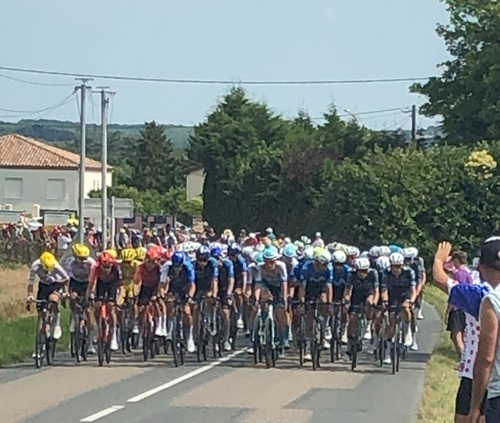
The Tour de France has created a community of happy followers.
Watch a clip here of the 2024 race.
Three key facts on the Tour de France
- The Tour de France doesn't start in France. In 1954, a tradition of starting the Tour outside of France began with the first stage departing from Amsterdam. It is not uncommon for the race to also pass through parts of Belgium or Italy on the way through the mountains.
- Over the years, the Tour de France race has become more difficult.
- The race is very difficult and dangerous. It crosses all types of terrain including the Alps and the Pyrenees at great pace.
Humans love to stretch themselves in whatever they do.
The first event was a six-stage race covering 2428km. 2024 has 21 stages over 3,498km. There are now also mountain climbs and time trials.
Many don’t realise the race is a game of strategy and team work.
To make your best contribution as a cyclist you need to know what you are good at.
With one person on the bike, and one person standing on the podium at the end of the day, many people don’t realise that cycling is a team sport. Teams generally have one overall contender that they believe has the best chance of winning the Tour. For the most part, the rest of the team is doing everything they can to put that rider in the best position to win. It’s simple physics that you use less energy while riding in the slipstream of another rider.
Not all teams enter the Tour de France expecting to have a rider as the overall winner. Some teams are built to win stages. Cyclists are specialists, and almost all have skills and physical traits that make them good at certain styles of racing.
- Climbers excel on steep mountains.
- Sprinters are capable of rapid accelerations and putting out an immense amount of power over a fairly short period of time.
- Time trial specialists are capable of maintaining a high speed over a very long distance.
- Domestique is a lesser known and less glamorous role on the team. These are the riders that work exclusively for the benefit of the team. They are responsible for protecting their team leader, often doing the hard work at the front with little chance of victory for themselves.
Teams who work well together increase their chance of success.
2024 is the 111th Tour de France – In numerology, the number 1 is typically thought to represent opportunity, determination, creation, and self-improvement. So, the number 111 is typically seen as a sign that a person or a team is going to see opportunity, meet with good fortune, achieve a goal they have been working on, or experience a new beginning.
All participants in the Tour de France are hopeful of a 111 experience
What makes the Tour de France so special?
It is watched by huge crowds from the roadside and is televised around the world as one of the supreme tests of athletic endurance. Part of the challenge is it is divided among time-trial racing and racing stages covering both flat land and great stretches of mountainous inclines. It takes many skills to survive the complete race.
Those that succeed need to play a team game which can be challenging to people who are so competitive.
Life is for living and enjoying.
For me, the Tour de France is a symbol of what it means to be human. Although hard work, it is fun for the participants, the supporting teams and the spectators. The organisers have intuitively chosen a yellow shirt for the person with the shortest time at end of each stage in the race and for the overall winner across all the stages.
Yellow is the colour which brings joy, sunshine and harvests. Our souls naturally respond to the colour yellow. It is very uplifting and appropriate for the leader’s vest.
It is a competitive sport but it comes with honour.
The final stage of the Tour de France always ends in Paris on the Avenue des Champs-Élysées. The overall winner is generally decided before this stage, and it would be considered bad racing etiquette to attack the overall leader on this stage.
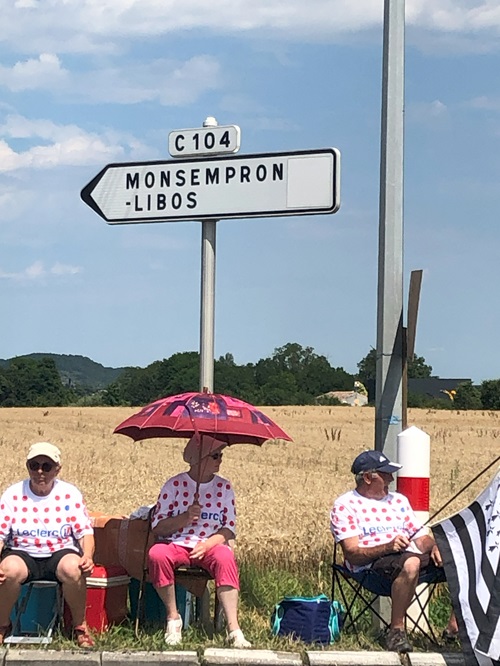
This week I watched a small section of the race with some friends as it sped through our local town. This leg of the route from Aurillac to Villeneuve-sur-Lot was in the gruelling sun of SW France at 30 degrees.
Well done everyone who participated. We loved it!!!
Free Tarot Reading
Do you have a question that’s been bothering you or a situation that’s making you uncertain? Why not try our free card reading service? Write your question in the box and click the button to get your reading.
Want to know more?
Call 0207 553 5000 to speak to our gifted psychics...
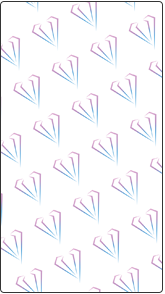
Join millions who have already received guidance.
Become a Crystal Circle member today!
Sign up for news, insights and offers
GET STARTEDAll readings are for entertainment purposes only


